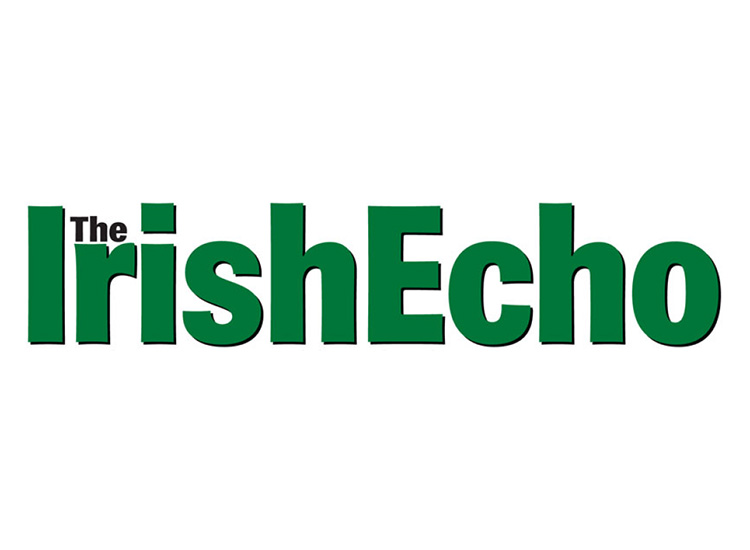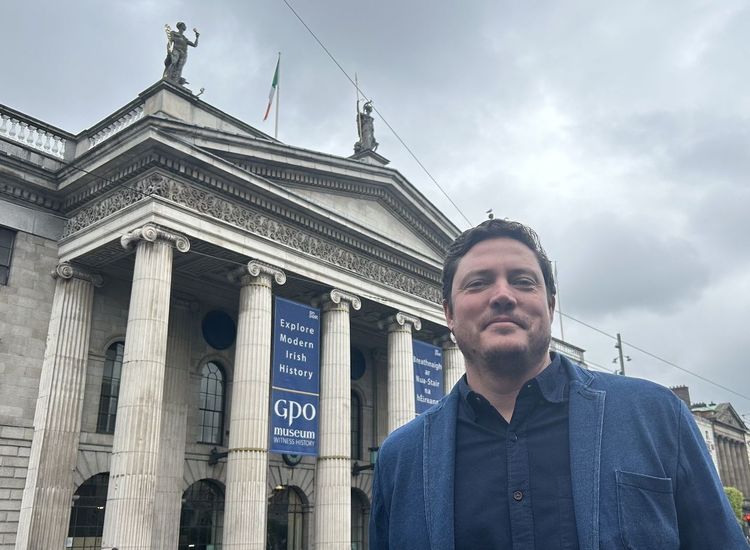At one point in his remarks to the gathering of Irish American leaders at New York University last week, former president Bill Clinton let drop a few words that might be described as indicative of envy.
Casting an eye on the visiting Irish troika of Enda Kenny, Eamon Gilmore and Richard Bruton, Clinton alluded to the fact that the Irish threesome were drawn from two political parties and the fact that they could work together stood in strong contrast to the situation prevailing in Washington, where the two parties could not.
It's indeed a fact of Irish political life that coalitions not only exist, but are vital for the formation and functioning of government. In this case the coalition involves Labour, Ireland's main party of the left, and Fine Gael, the main party of the center right. Try that for size on Capitol Hill!
But even when parties coalesce, and seemingly agree on policies, there is still no guarantee that those policies will be effective or successful.
Still, you have to believe that a meeting of diverse minds holds at least the potential for some progress, so it can only be hoped that the announcement on Monday by the Irish coalition government of a plan to create 100,000 new jobs by 2016, and 200,000 by 2020, has a chance of at least partial success.
Taoiseach Enda Kenny has come in for some criticism recently, most especially after his "mad" remarks at Davos. But if there was a prize for being busy, and being about some kind of business, the taoiseach on his lonesome would match up rather well to the entire U.S. Congress right now.
The Irish visitors at NYU alluded to the pending jobs announcement which was duly unveiled at the beginning of a week that will ultimately see Mr. Kenny fly the Atlantic yet again on the Republic's business.
The jobs plan is quite a job in itself. At over 120 pages and containing over 270 proposals, "The Action Plan for Jobs 2012" aims to help boost exports, improve credit access to small and medium sized enterprises, enhance competitiveness and attract more international investment to Ireland.
This last aspect was the focus of the gathering at NYU organized by President Clinton and featuring a number of leading U.S. business figures who do not yet feature on the more familiar lists of Ireland's corporate friends in America.
One of the proposals in the new jobs plan that will draw quick attention is the idea that members of the Irish diaspora are to be offered a "finder's fee" to attract inward investors to Ireland.
This proposal could be the spur for quite a bit of activity around the world and here in the U.S. but, presumably, it will have to carefully monitored so as not to run off the rails and into the kind of "mad" territory that Mr. Kenny was alluding to in Switzerland.
Of course, the new plan, even in its entirety, does not necessarily create jobs, a fact acknowledged by Taoiseach Kenny whose government is tied up in all kinds of fiscal knots by the terms of the bailout currently keeping Ireland Inc. afloat.
Nevertheless, Mr. Kenny expressed his belief that "good government removes the barriers to job creation by entrepreneurs and industry."
That was very much his message in New York. Ireland, said the taoiseach at NYU, was "open for business." By this he was also implying that Ireland was open and very friendly. and he was at pains to emphasize that one of the most business friendly plums that Ireland can offer investors was not for negotiation.
Speaking to reporters after the initial round table gathering, chaired by Governor Martin O'Malley, and subsequent broader question and answer session over lunch, Kenny nailed the oft-discussed 12.5 percent Irish corporate tax rate to the mast.
The rate would "stay exactly where it is," he told reporters.
The visits, the meetings, the words all might end up amounting to little more than a hill of beans. But, in times like these, you get precisely nothing for allowing things to simply rumble on, a condition that seems lately permanent in our nation's capital.
President Clinton is right to be envious of the Irish political ability to coalesce, and he has to be congratulated for, once again, taking time to consider Ireland, its present and future prospects, and indeed doing so almost twenty years to the day since he first walked on to the Irish stage, at the 1992 Irish American Presidential Forum in Manhattan
If only a fraction, or better a proportion, of the aspirations, ideas and plans aired in New York last week, and announced in Dublin this week, have a positive effect down the road, then they will indeed have amounted to more than so much politically coalesced hot air.










